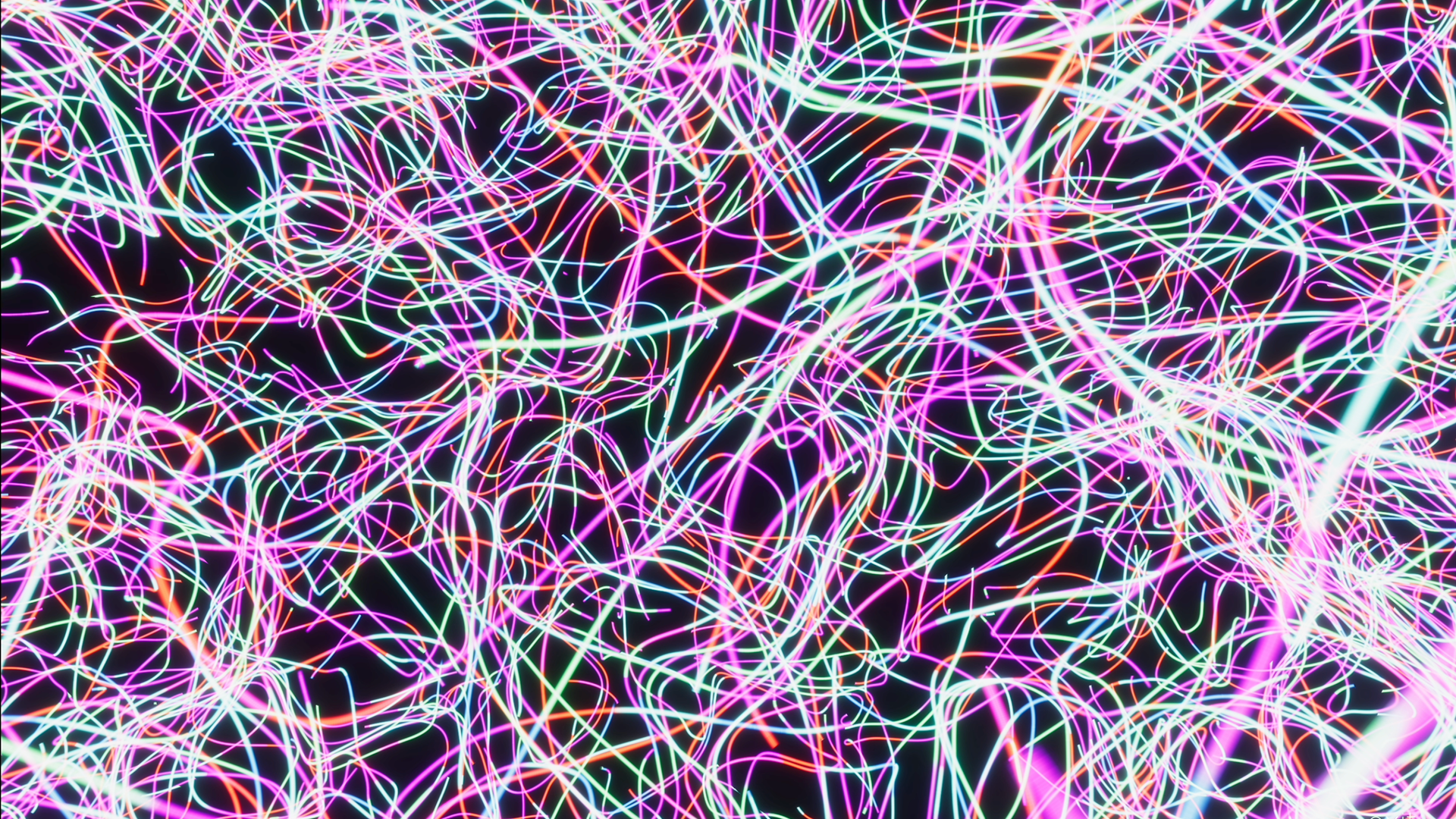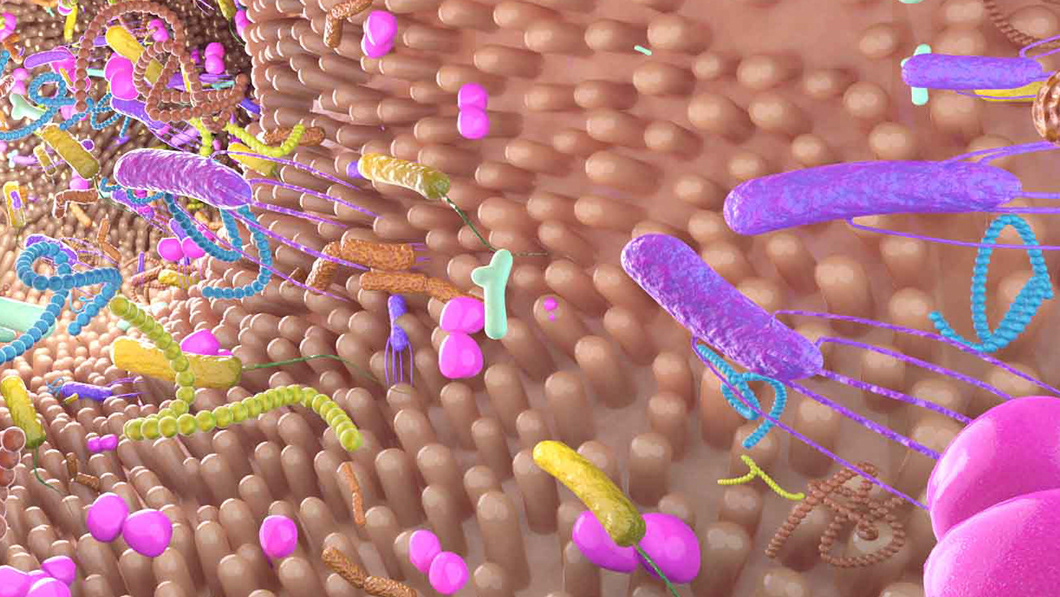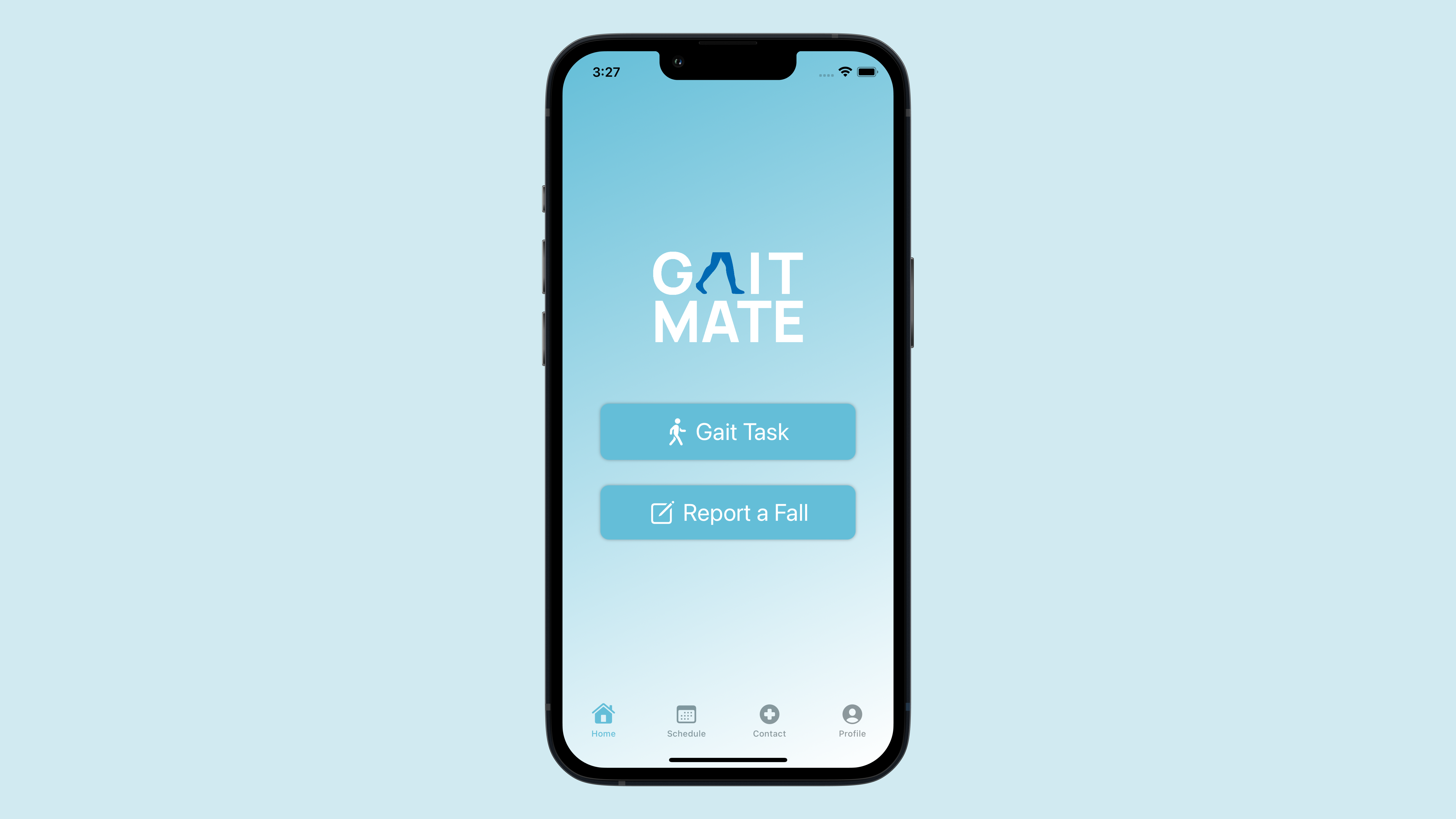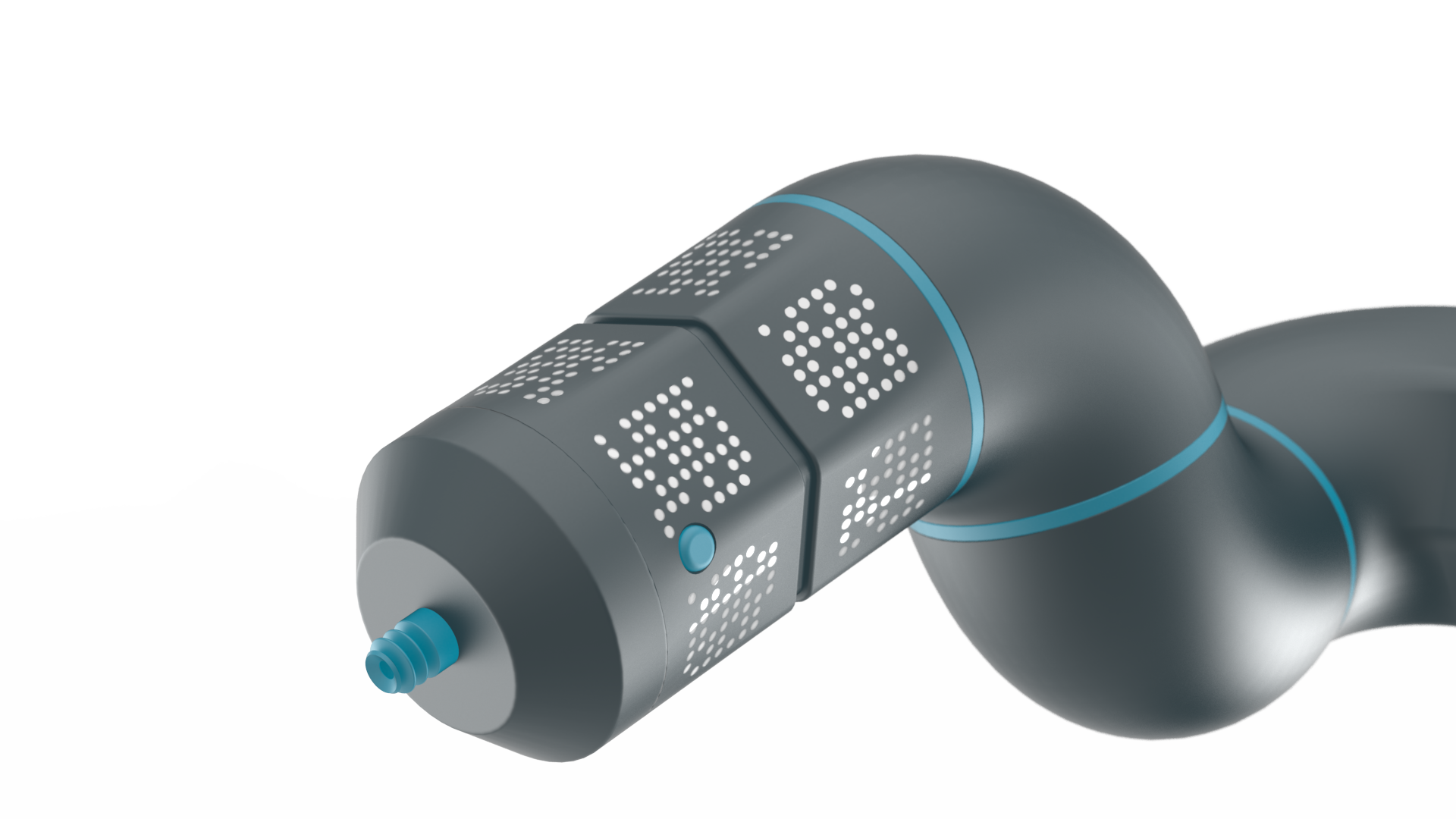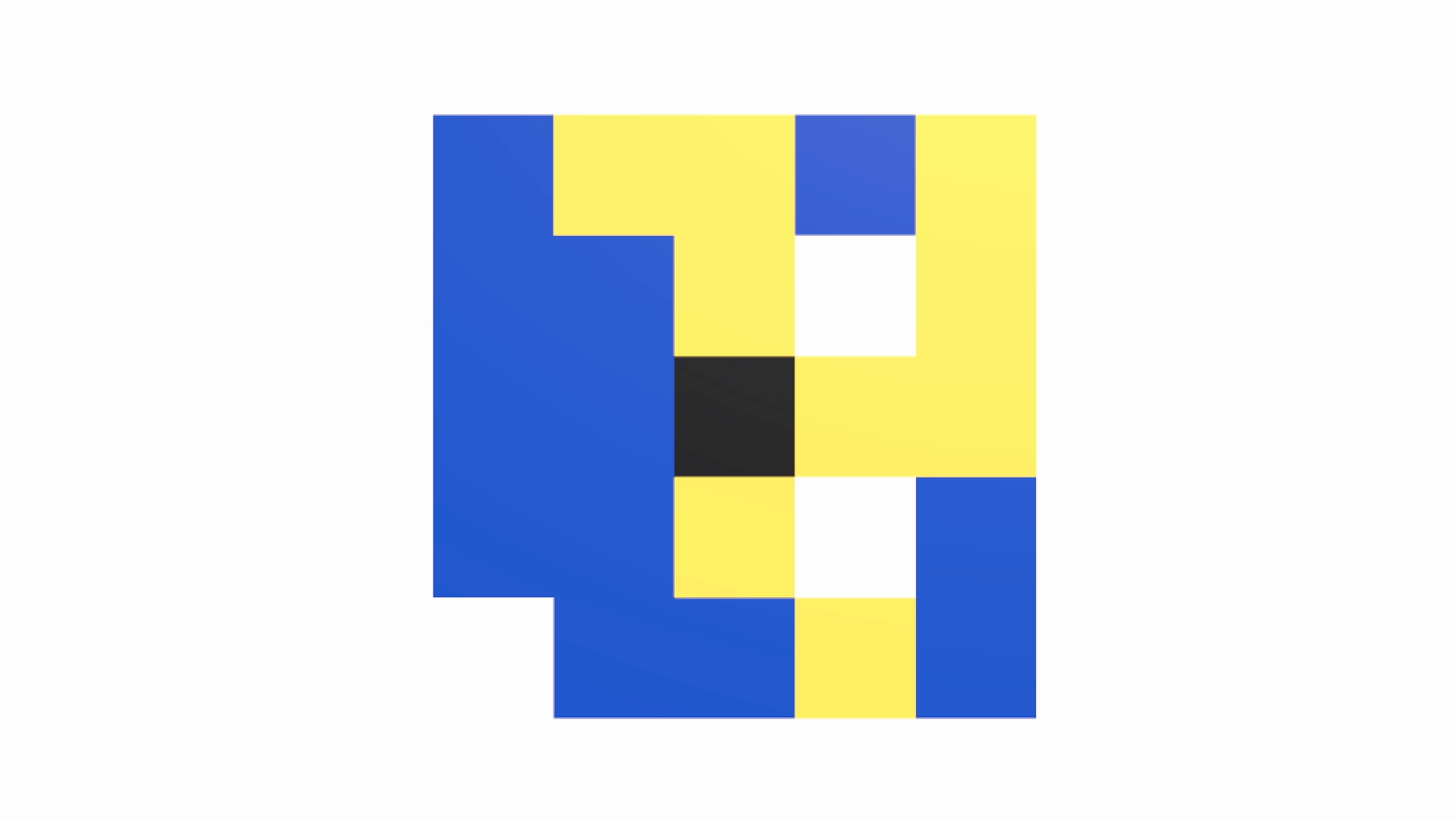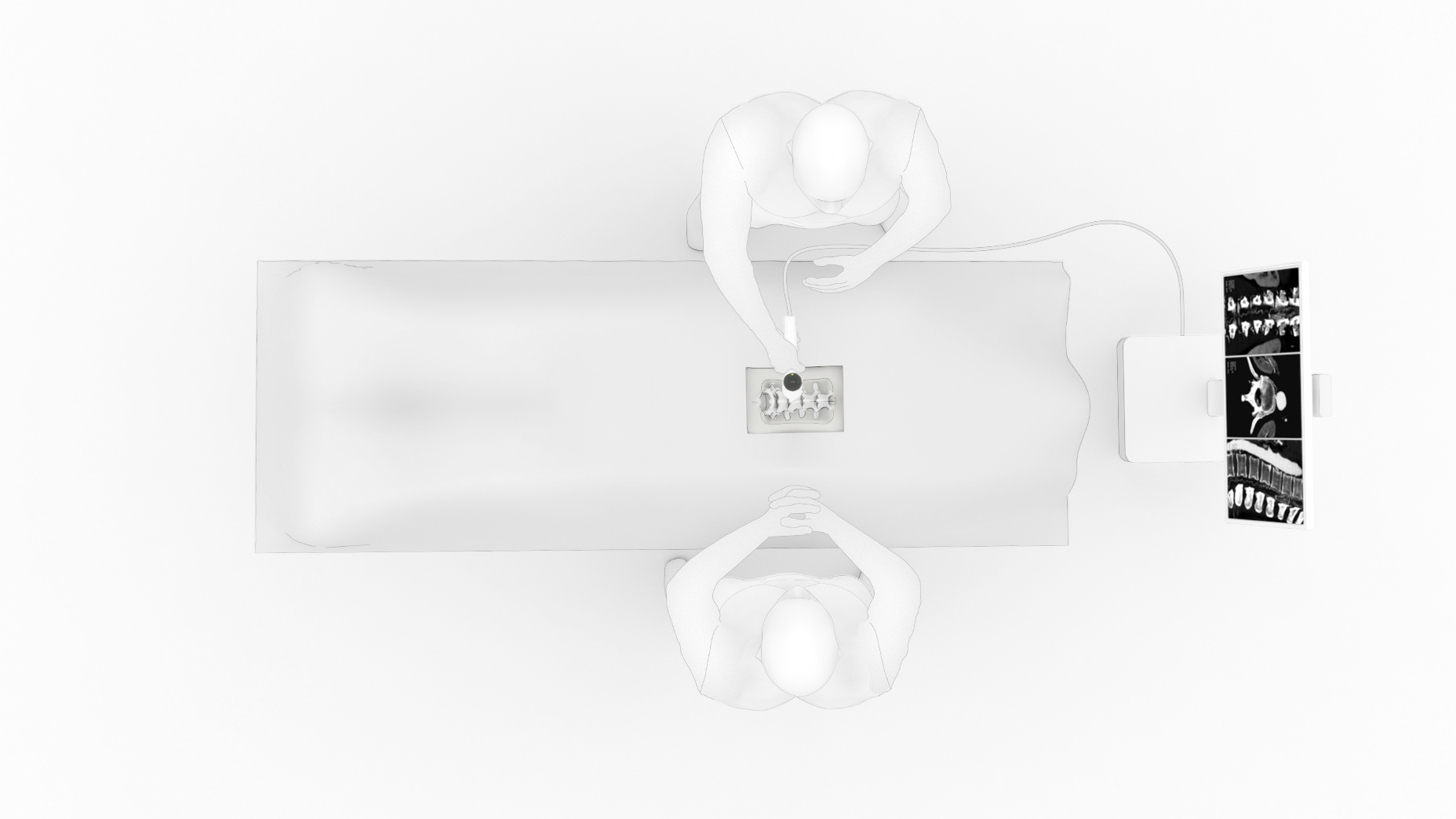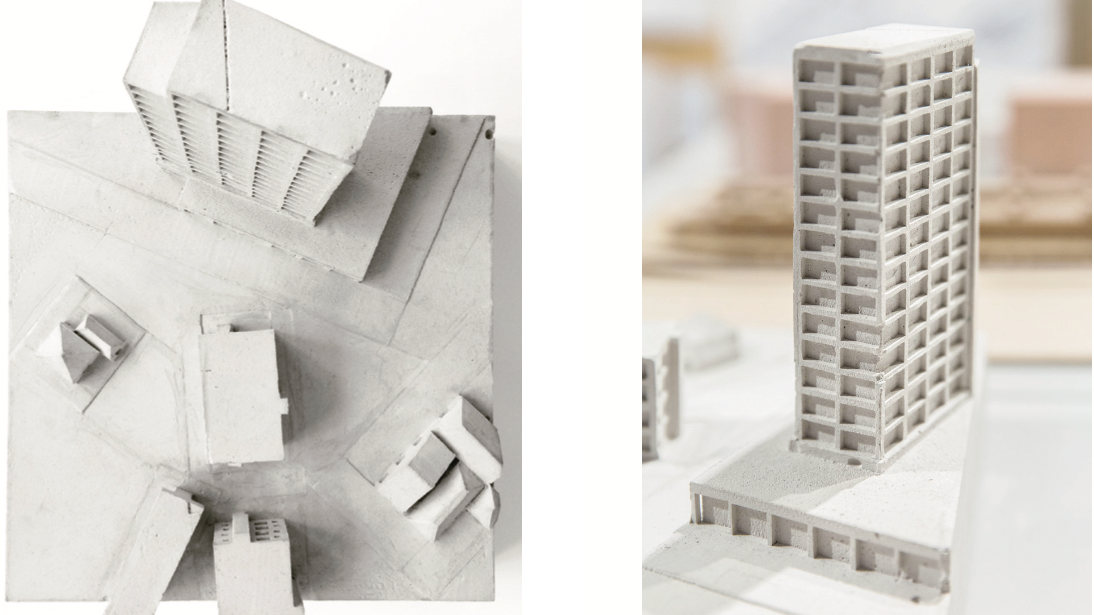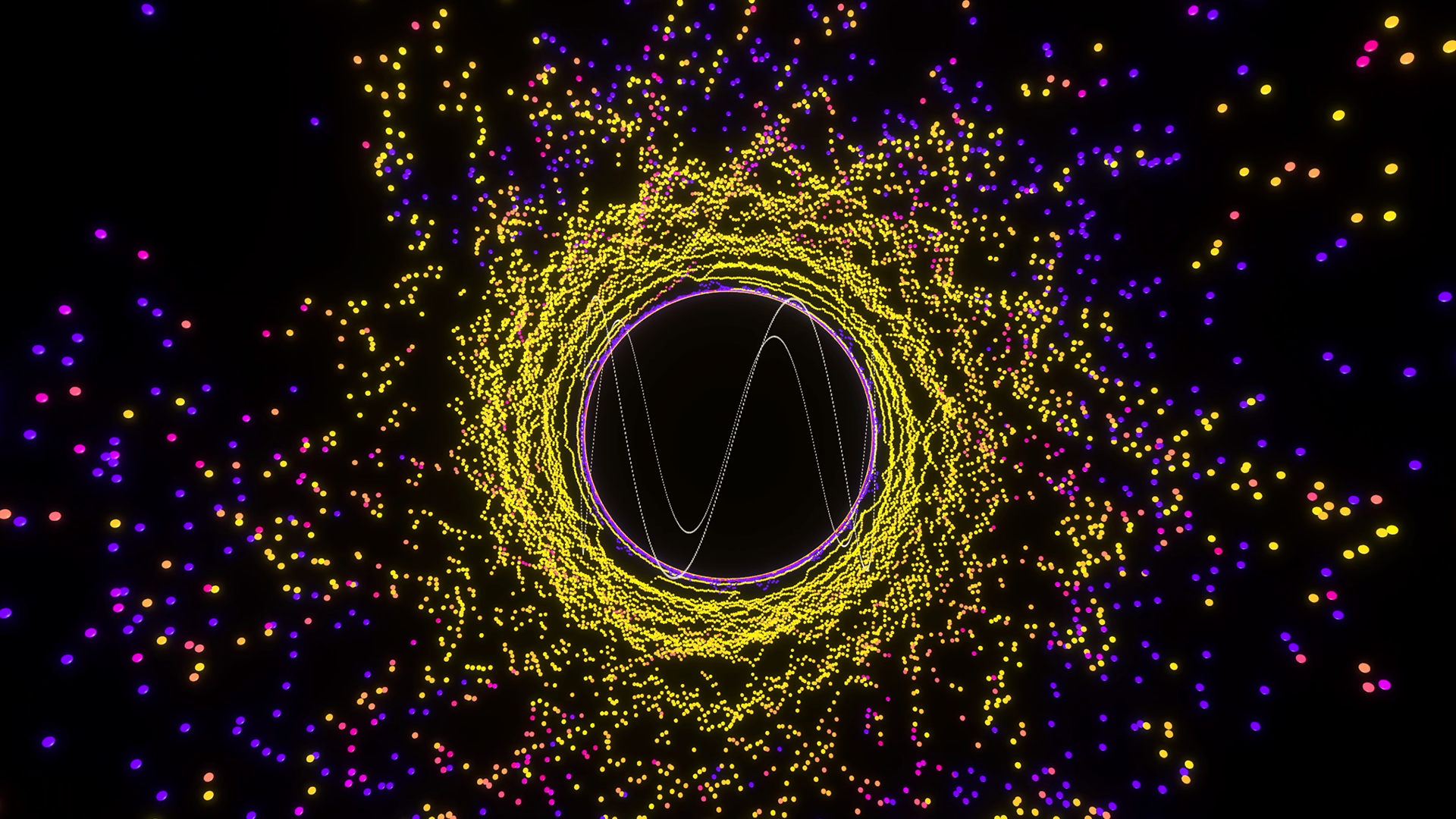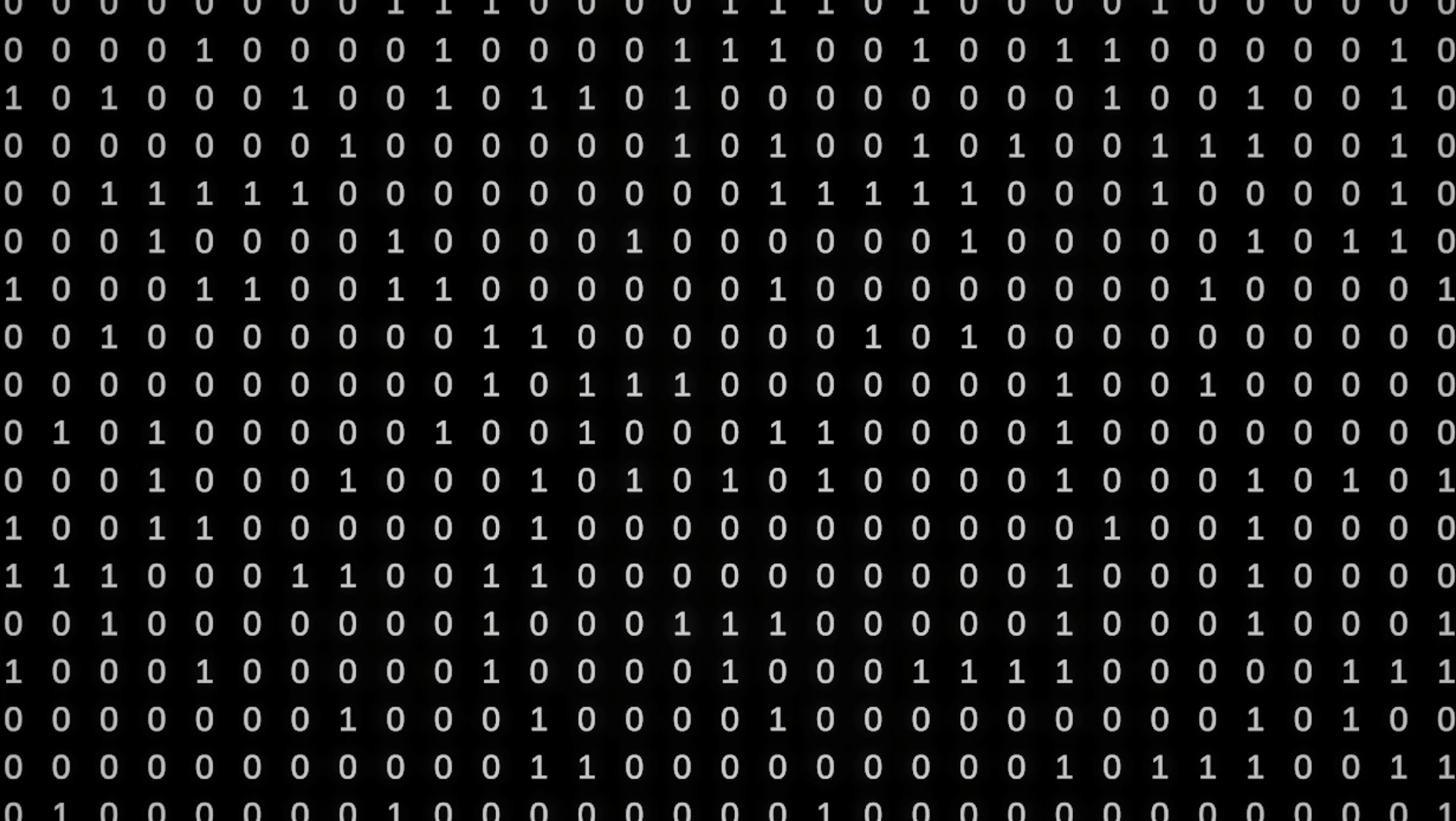Objective
create experimental poetry using the audio programming language chAI (ChucK for AI) and a pre-trained word vector model
create experimental poetry using the audio programming language chAI (ChucK for AI) and a pre-trained word vector model
Outcome
two AI generated poems - one that allows user interaction and one that runs on its own
two AI generated poems - one that allows user interaction and one that runs on its own
Ode to the Rain
This poem is a modern interpretation of the ancient Greek Pindaric ode, a classic lyric poem performed with song and dance at Greek games. A chorus would deliver the strophe on one side of stage, move to the other side for the antistrophe, and then deliver the epode from center of stage. The themes of the Pindaric ode would mostly evolve around nature. Given the recent rainy weather conditions it seemed evident to dedicate an ode to the Californian rain. (ChucK file)
Dada Sound Poetry Generator
Dadaist poems have a simultaneously playful and nihilistic spirit. A subcategory called "Simultangedicht", "sound poetry" is a form where non-real words are used to create a phonetic experience. One such poem is "Karawane" by Hugo Ball from 1916. Instead of trying to make the poem feel human, I wanted to make it sound like an AI poem. A little eerie, novel, and interesting.
Reflection
This project allowed both reflection on "What is poetry?" and "Is AI capable of creating a poem of words and sound that are of artistic value to humans?". To me classic poetry is the expression of topics and emotions where other literary forms fail. It is beautiful, it is metaphorical and it elicits feelings. With my first poem I tried to use AI to make a poem in the classical sense; a poem with specific rules, topics and meaning. I think it turned out to be ok, but it didn't feel quite right. I felt like I was forcing the word model to do something that was not instinctive to it. I tried to control the model output a lot, with pre-defined words, verses and a narrow similarity space. I was forcing something that didn't come natural to the model.
In the second poem I tried to take a step back and think about what a computer and especially AI is good at. It is good at imitating input, retrieving words, and creating random output. Being fond of Dadaist art, I though of the "Simultangedichte" and how the essence of those poems is to NOT make any sense. Instead it is about creating a phonetic experience. So the second - this time interactive - poem made use of randomly chopped input words and added more random syllables from similar words. The result sounds like a person speaking an unknown language with a computer-accent. And I think that is pretty much how I image an AI to create poetry. Not like a human, but in a way that doesn't make any sense to us humans, and still beautiful in it's own way.
In the second poem I tried to take a step back and think about what a computer and especially AI is good at. It is good at imitating input, retrieving words, and creating random output. Being fond of Dadaist art, I though of the "Simultangedichte" and how the essence of those poems is to NOT make any sense. Instead it is about creating a phonetic experience. So the second - this time interactive - poem made use of randomly chopped input words and added more random syllables from similar words. The result sounds like a person speaking an unknown language with a computer-accent. And I think that is pretty much how I image an AI to create poetry. Not like a human, but in a way that doesn't make any sense to us humans, and still beautiful in it's own way.
Acknowledgement
This project is based on examples and code by Ge Wang and Yikai Li.
